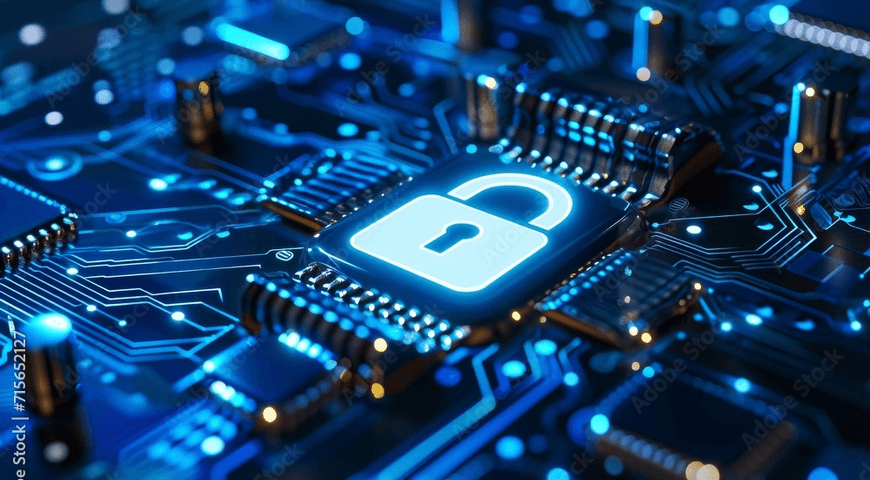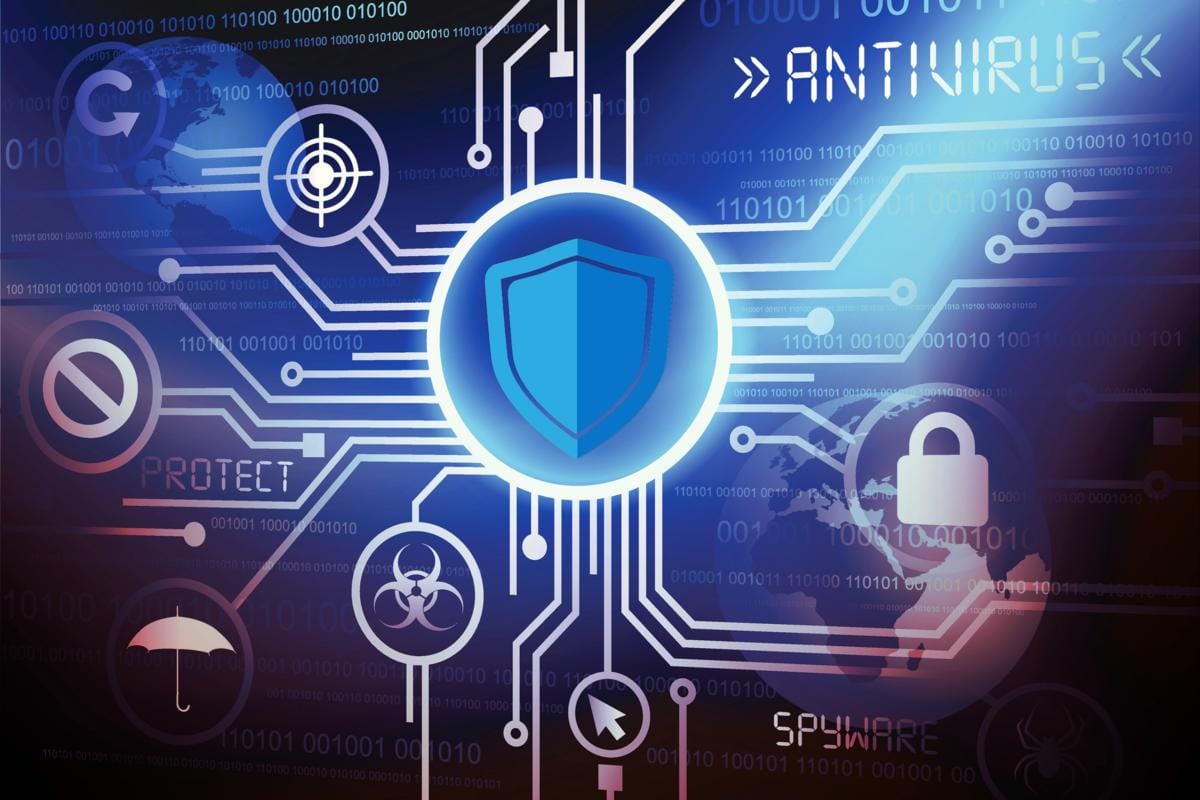Cyber threats are a growing concern for both individuals and businesses in the Gold Coast, where a thriving digital economy and a large remote workforce make computer security more important than ever. From workshops in Arundel to companies in Helensvale, which rely on tons of data and laptops/ PCs, it is sad that no one is immune to online risks which can be named as malware, phishing and ransomware.
1. Malware
Malware, short for malicious software, includes viruses, worms, and spyware that infiltrate your system to steal data or cause damage. Many malware attacks happen through unsafe downloads, fake software updates, or infected USB devices.
In 2023, over 2,000 reports of malware and ransomware attacks were recorded in Australia via text message scams alone. With many Gold Coast residents relying on digital transactions for tourism and e-commerce, falling victim to malware can mean stolen payment details, data breaches, or even identity theft.
2. Phishing
Phishing scams trick users into revealing personal information by posing as legitimate businesses, like banks or service providers. Given the high number of tourists and short-term rentals in Gold Coast, scammers often impersonate well-known hospitality brands, property rental agencies, or even government bodies to deceive residents and visitors.
On average, 5 out of every 1,000 Australians click on phishing links each month, nearly double the global average. A simple mistake – like entering your login details on a fake myGov or Airbnb site – can lead to financial loss or identity fraud.
3. Ransomware
Ransomware attacks lock your files and demand payment for their release. Small businesses, especially those in Gold Coast’s tourism, real estate, and hospitality sectors, are prime targets. Losing access to reservation systems, client records, or important business documents can be devastating.
A 2023 report found that 2.4% of Australian businesses had experienced ransomware incidents in the past year. Many attacks begin with an innocent-looking email attachment or a security loophole in outdated software.
Practical Security Tips
1. Keep Your Software Updated
Outdated software is an easy access point for hackers. Enable computerized updates for your operating machine, browsers, and safety software to patch vulnerabilities promptly.
2. Use Strong, Unique Passwords
Avoid the use of the equal password for multiple debts. A password supervisor can assist generate and save complex passwords securely. Implementing a strong password coverage is critical for preventing unauthorized entry to.
3. Enable Multi-Factor Authentication (MFA)
MFA adds a further layer of protection by requiring a 2nd verification step, such as a code sent in your telephone. This guarantees that even if your password is compromised, unauthorized access is averted.
4. Be Cautious With Emails And Links
Never click on unexpected email links or download attachments from unknown senders. If a request seems pressing or suspicious, verify it directly with the source. Phishing is a commonplace hobby leading to critical infrastructure-related incidents.
5. Secure Your Wi-Fi Network
Ensure your house or enterprise Wi-Fi has a strong password and uses WPA3 encryption. Public Wi-Fi networks can be unstable—recollect the use of a Virtual Private Network (VPN) for added safety when accessing touchy statistics.
6. Backup Your Data Regularly
Ransomware attacks can be devastating in case you don’t have a backup. Store copies of essential documents on external drives and cloud storage to make sure facts are recovered in case of an assault.
(If you have experienced loss data, you can read more about simple ways to rescue yourself here!)
7. Invest In Reliable Security Software
Antivirus and anti-malware applications act as your first line of protection. Choose a reputable company and keep your protection software up to date to shield against the trendy threats.
8. Educate Yourself And Your Team
If you run a business, teach personnel to understand cybersecurity threats. Even the most superior safety structures can’t prevent human blunders. Implementing a human beings-first cybersecurity approach focuses on equipping employees with the schooling they need to understand capability threats.
A Fresh Take On Digital Safety
Imagine taking walks alongside the Gold Coast’s bustling Cavill Avenue at night time. You wouldn’t leave your car unlocked or your telephone unattended at a café, right? Cybersecurity works the identical manner—it’s approximately small, ordinary behavior that defends what topics.
You don’t need to be a tech professional to live securely online. Just like you take a look at the surf report earlier than heading into the waves, a touch of awareness and training can prevent massive trouble down the road. Start with the basics: update your software, use sturdy passwords, and think twice before clicking on unknown links.
Cyber threats will constantly exist, however so will clever methods to protect against them. The secret’s to stay one step beforehand.
🔒 Want professional steering on securing your gadgets and information? TekCare has you included!






